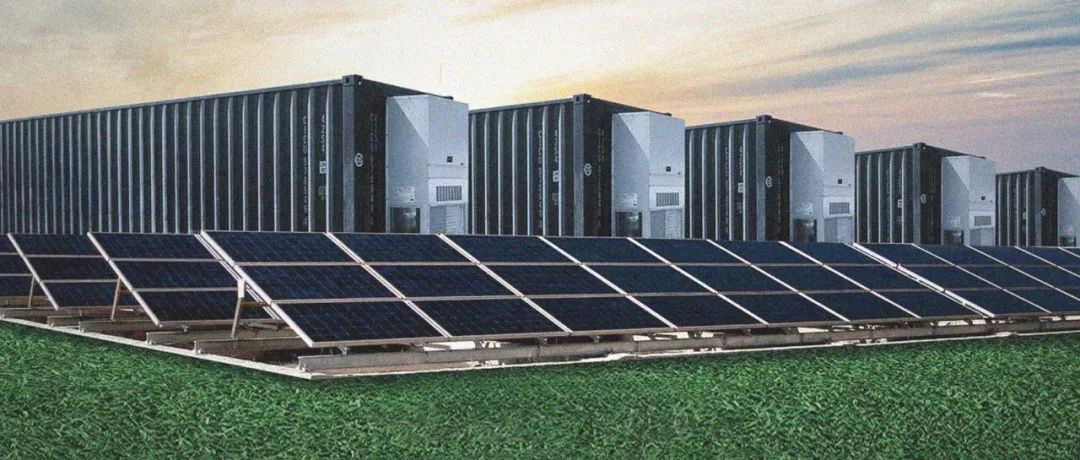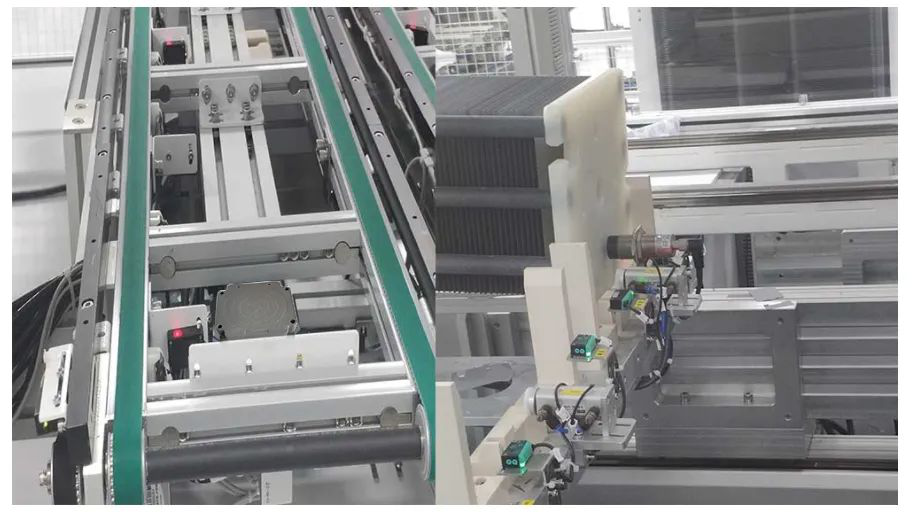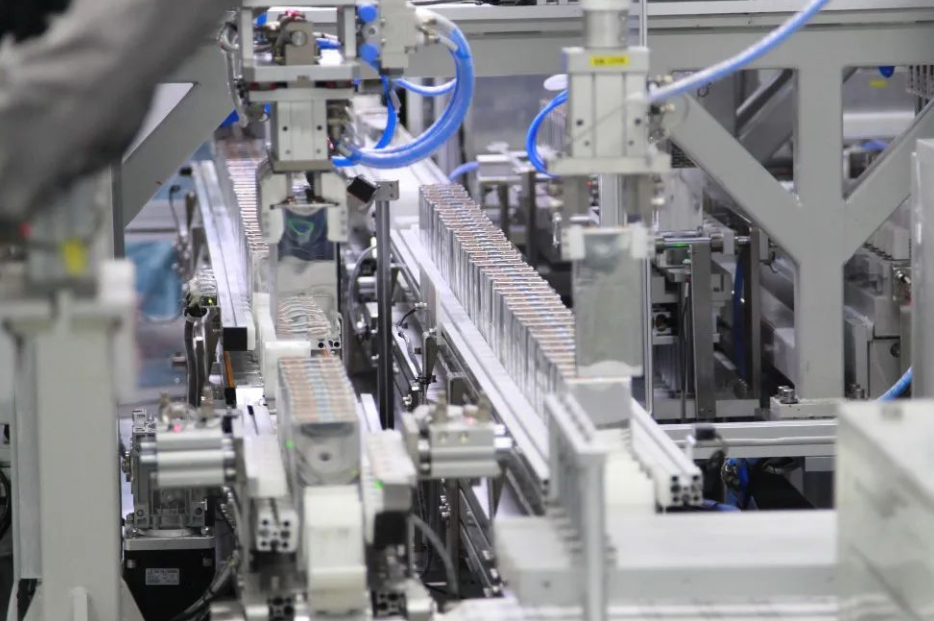As the global demand for renewable energy continues to grow, new energy batteries, as an important component of energy storage and power supply, are gradually becoming the focus of industry and technology. However, the production process of new energy batteries still faces many challenges, such as life cycle tracking, quality and safety assurance and other issues. In this regard, RFID technology (Radio Frequency Identification) is becoming a widely used solution.
RFID technology, that is, radio frequency identification technology, consists of readers and tags. The tag contains object information and communicates with the reader through radio signals to realize automatic collection and management of information. In the production of new energy batteries, RFID technology is widely used due to its non-contact, high efficiency and automation characteristics. It provides strong support for improving production efficiency, reducing costs, improving quality and safety, and has broad application prospects.
Intelligentization of photovoltaic industry
As a key component of renewable energy, the photovoltaic industry has developed rapidly in recent years. The extensive application of equipment and materials such as solar panels, inverters, brackets, etc. has promoted the continuous extension of the photovoltaic industry chain. However, as the scale of the industry expands, the demand for asset management, equipment maintenance, quality management, construction and installation, and safety management is growing day by day, making traditional management methods inadequate.
RFID technology, as a radio frequency identification technology, has shown great potential in solving various problems in the photovoltaic industry. Installing RFID tags on various equipment, components and materials involved in the photovoltaic industry, and obtaining asset information in real time through RFID readers, not only improves asset utilization, but also reduces the risk of loss and damage. Asset management becomes easy and efficient.
1.Asset management is more convenient
Equipment in photovoltaic sites requires regular maintenance and troubleshooting. Using RFID tags and readers, equipment maintenance records and fault history can be tracked and managed. This helps detect potential faults in advance, extends equipment life, and reduces the time and cost of maintenance and repairs. The quality of PV modules is critical to system performance and reliability. By attaching RFID tags to each component, key information is associated with the component, including production date, component supplier, test results, etc. This simplifies tracking and tracing of each component’s history and quality records, aiding in quality control and retrospective analysis when required.
2.Intelligent implementation of security management
The construction and installation of photovoltaic projects are complex processes involving large numbers of workers and materials. The use of RFID tags on construction materials, tools and equipment improves the transparency and efficiency of the construction process. RFID technology helps track the arrival, use and return of materials, improving material utilization and management efficiency. The safety management of photovoltaic sites is crucial. RFID technology can be used to implement secure access control systems, enabling contactless identity verification and access control through work passes or access cards equipped with RFID tags. This improves security and reduces potential security risks.
The widespread application of RFID technology in the photovoltaic industry will bring intelligent management methods to the industry. In the future, as RFID technology continues to evolve, it will continue to play a broader role in the photovoltaic industry and help realize the intelligent and sustainable development of the industry. By integrating RFID technology, the photovoltaic industry will better cope with challenges and embrace a smarter and more efficient future.
Post time: Jan-08-2024




